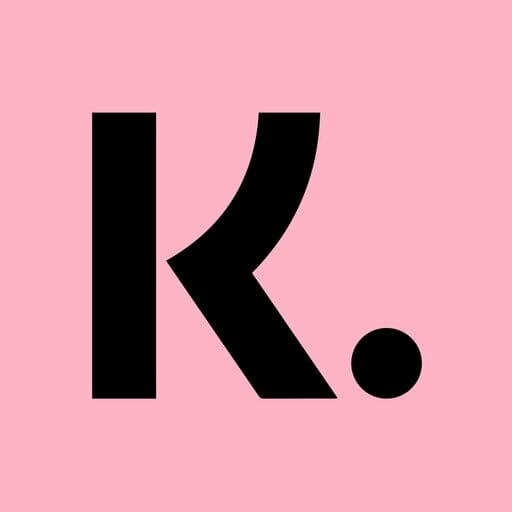The Swedish economy is under considerable stress, with high inflation and a recession that is predicted to intensify. Households are dealing with rising interest costs, and the Swedish krona is falling in value.
Regrettably, the situation regarding household debt is worsening as well. The statistics for 2023 demonstrate that there's been an uptick in unpaid bills sent to the Kronofogden. The number of individuals with higher debts is increasing, pushing the overall debt to unprecedented highs.
The blanco loan bubble is growing!
The negative trend behind this increasing indebtedness is largely due to the blanco loans ("money in the account"). Unsecured loans characterized by long amortization periods and high interest rates. According to data from Finansinspektionen, in 2021 the average Blanco Loan balance is slightly over SEK 110,000, with a quarter of such loans surpassing the SEK 150,000 mark.
The consequences of these lending practices have manifested in a growing "blanco bubble," driven by loans laden with hidden fees and obscure terms that often trap Swedish consumers in a cycle of debt. Recognizing the severity of this issue, Klarna welcomes the Swedish Government's move towards a tapered interest deduction mechanism aimed at deflating the blanco loan bubble and curbing practices by irresponsible credit providers.
In our mission for a more sustainable and fair lending environment, Klarna has proactively revamped its Swedish product offerings for better consumer outcomes.
In September 2021, we made extensive changes to make our products more sustainable and fair for consumers. In doing so we:
- Removed unnecessary fees
- Introduced more friendly reminders to support timely payments
- Doubled the payment period for invoice purchases
- Removed credits without an end date, so-called revolving credit
These reforms were transformative. Among other things, the product changes led to Nordic consumers saving over 100 million dollars in the first year alone, and we also halved the proportion of delayed invoice payments on a Nordic level.
We agree – the state should not be subsidising bad loans! But we have some additional thoughts:
- There are potentially unintended consequences with retaining deductions for certain types of loans but not others. With the proposed design, the interest deduction could favor groups that, for example, have the means to purchase a home over those who do not have the resources for it. For a fair design, there should be mitigations to ensure a proportionate impact on all societal groups, not just the most affluent.
- The proposal offers no guarantees that bad loan providers will not continue to be subsidised. A loan secured by collateral does not mean that the lender does not charge exorbitant interest rates or bind the consumer to unsustainable repayment plans.
- The design should focus on specific outcomes from lenders to ensure sustainable credit support. For example: The interest deduction should only apply to those loans where the lender can demonstrate a low proportion of payment injunctions.
- Many consumers today have unsecured loans and rely on the interest deduction to make ends meet. Therefore, we believe that a phased-out interest deduction should only apply to future credit to prevent an immediate increase in indebtedness.
We believe that a focused, outcomes-based approach to regulation could address the issues of overindebtedness and bad practices. By prioritising sustainable lending practices and setting objective criteria for interest deductions based on responsible lending metrics, such as default rates or the number of claims sent to Kronofogden, the government can better safeguard Swedish consumers.
